The G20 Bali Summit, with the theme "Recover Together, Recover Stronger," will focus on strengthening the global health architecture, accelerating sustainable energy transition and promoting digital transformation. It aims to address the widening development gap between rich and poor countries.
Such priority is also on the table of the APEC economies. Deep economic integration, structural reform, regulatory coherence and digitalization are key areas that APEC has been focusing on over the years, which are also positive aspects for helping the region go through this tough time, APEC Secretariat Executive Director Rebecca Sta Maria said.
Over the past decades, countries in Asia-Pacific have joined forces to expand cooperation and promote regional integration, making the Asia-Pacific the world's most dynamic and promising economy. They have established an ASEAN-centered regional cooperation platform, launched the Regional Comprehensive Economic Partnership (RCEP), and are working towards the goal of a Free Trade Area of the Asia-Pacific.
Coming into effect on Jan. 1, the RCEP delivers increasingly prominent dividends to member economies through tariff concessions and trade facilitation. Official data showed that China's trade with other RCEP members in the first eight months has reached around 1.2 trillion U.S. dollars, accounting for 30.5 percent of China's total foreign trade.
China, since joining APEC 31 years ago, has been firmly committed to regional partnerships and free trade and investment, making significant contributions to a multilateral trading system and an open world economy.
Ky Sereyvath, director-general of the Institute of China Studies at the Royal Academy of Cambodia, said China is the stabilizer of global value chains, and has always shared the fruits of development with the rest of the world. "It will importantly contribute to quickening the global economic recovery from the pandemic," the economist added.
NO ONE LEFT BEHIND
The lingering pandemic has caused multiple crises in the world, especially in developing countries. In a report in July, the United Nations Food and Agriculture Organization said that in 2021, the number of people suffering from hunger rose by 46 million to 828 million, which would push the international community further away from reaching the goals of the 2030 Agenda for Sustainable Development.
In this context, the global community needs to work closely together to strengthen cooperation in areas such as food security, COVID-19 response and vaccines and poverty alleviation, and advanced countries should fulfill their pledges on development assistance to developing countries with the purpose of making global development more balanced and inclusive.
For the past years, China has done substantial work in stimulating development of poor countries. It has fulfilled its commitments by helping improve infrastructure in these countries, sharing knowledge and technologies with locals and providing anti-pandemic support such as masks and vaccines. China has also raised a series of proposals such as the Belt and Road Initiative (BRI) and the Global Development Initiative to strengthen partnerships, promote connectivity and advance common development.
A World Bank report has showed that the BRI could help lift 7.6 million people out of extreme poverty and 32 million people out of moderate poverty globally, and boost trade by 2.8 to 9.7 percent for participating countries and between 1.7 and 6.2 percent for the world.
Facing mixed and complex challenges, the G20 and APEC meetings are expected to reach substantive outcomes that will deliver tangible benefits to developing and less developed countries and regions, and help boost confidence in global recovery.
Indonesia's Coordinating Minister for Economic Affairs Airlangga Hartarto said the country's G20 presidency this year is to strengthen multilateral system and effective global partnerships to ensure that the world economy remains open, fair, mutually beneficial, and that no one is left behind, especially the poor and vulnerable.
"As we have learned from the lessons of the COVID-19 pandemic, no one is safe until everyone is safe," said Koh King Kee, president of Center for New Inclusive Asia, a Malaysian think tank, urging the developed world to help vulnerable countries overcome their lack of capacities and build the desired infrastructure to meet future health challenges.
Indonesia aims to create a more inclusive global economic recovery, particularly through the digitization of small businesses, expanding financial inclusion, and encouraging cooperation in innovation and knowledge and technology transfer to accelerate global access to affordable and clean technologies, Chairman of the Indonesian think tank Asia Innovation Study Center Bambang Suryono said.








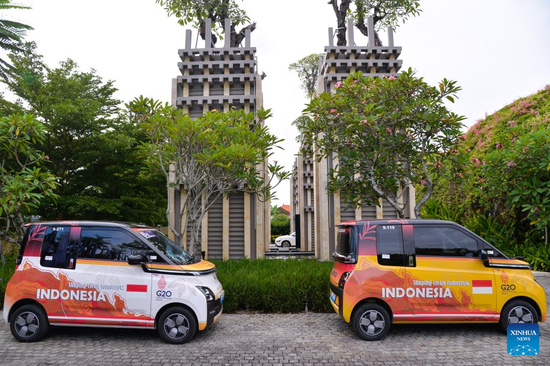
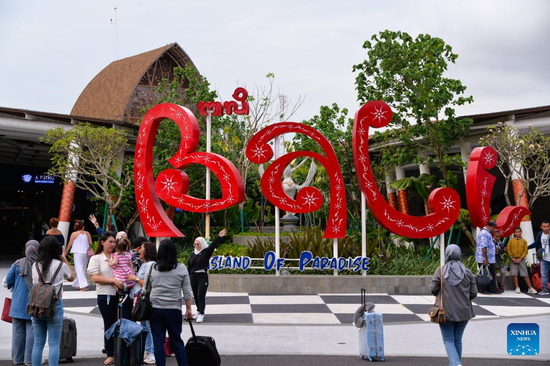
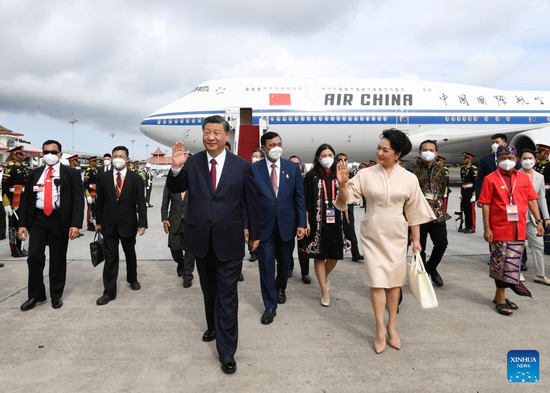
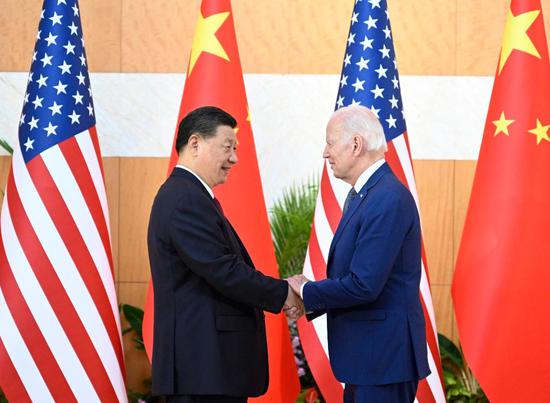

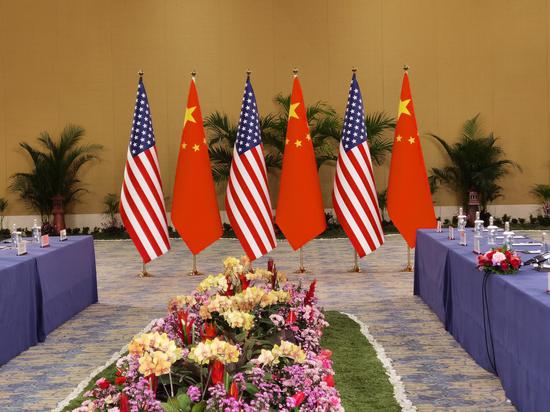
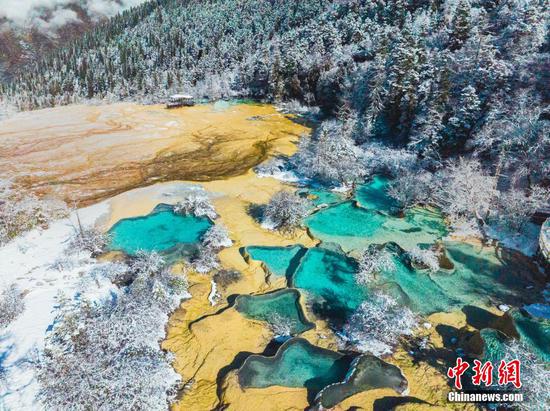
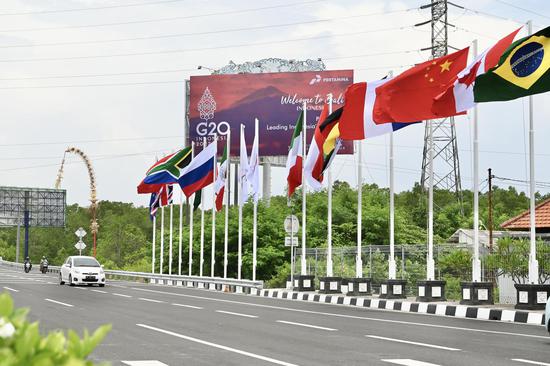
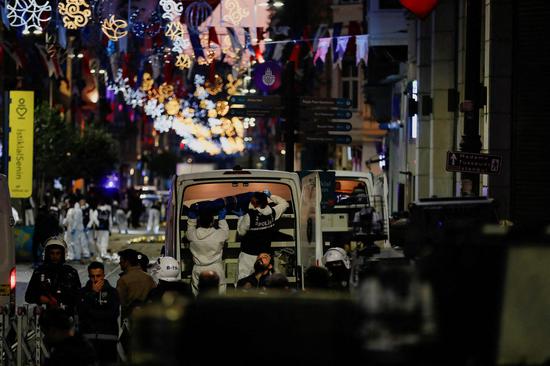
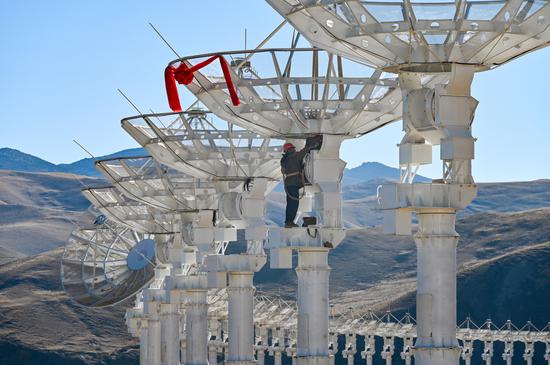

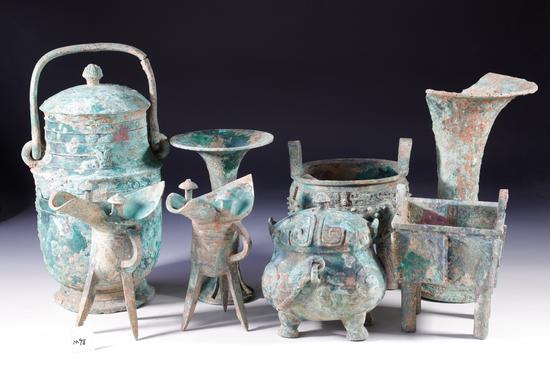


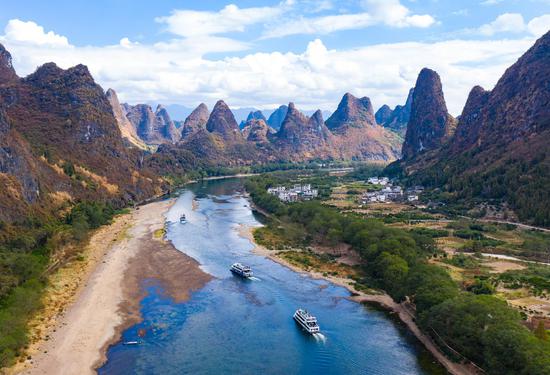
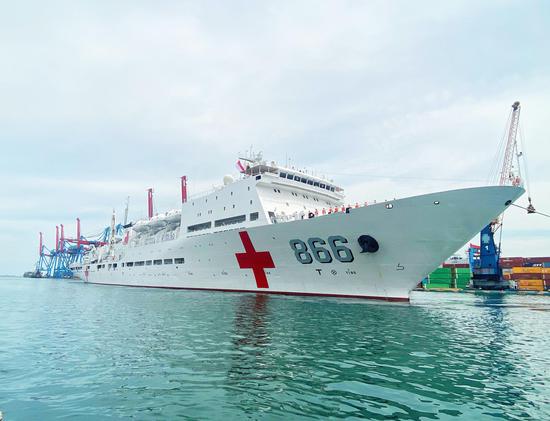
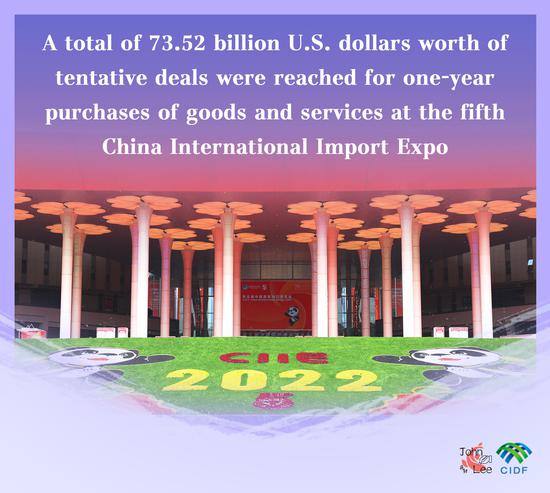

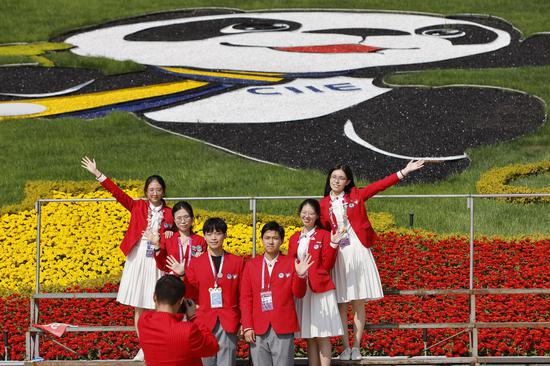

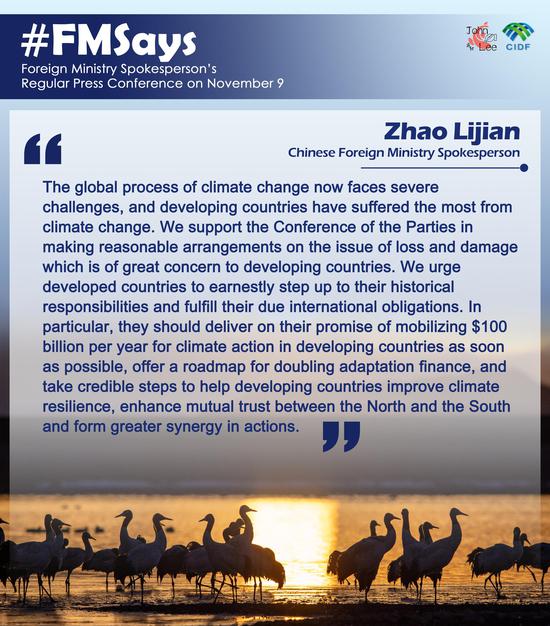

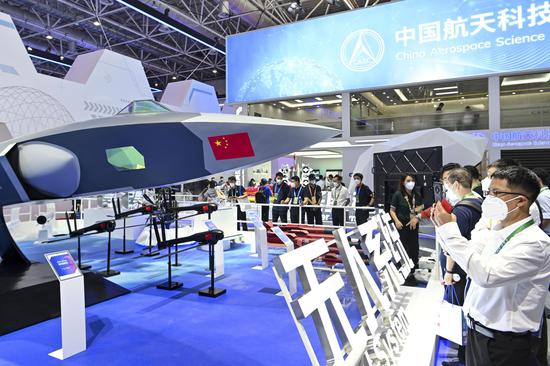
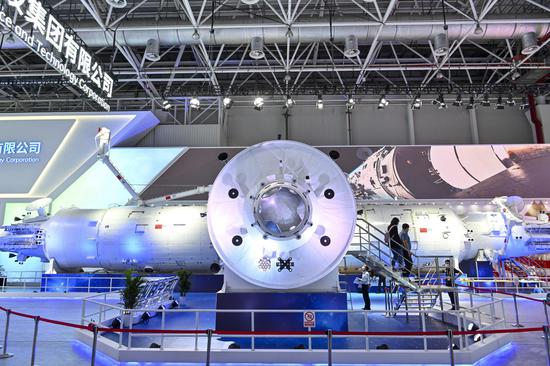
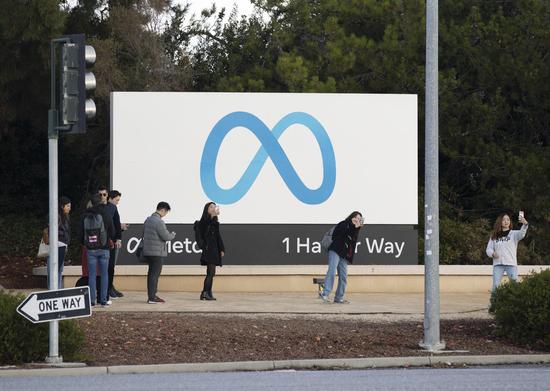
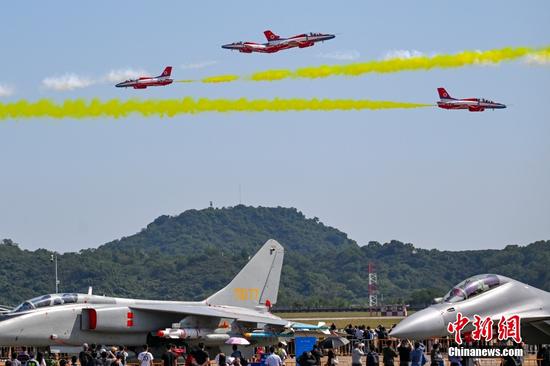

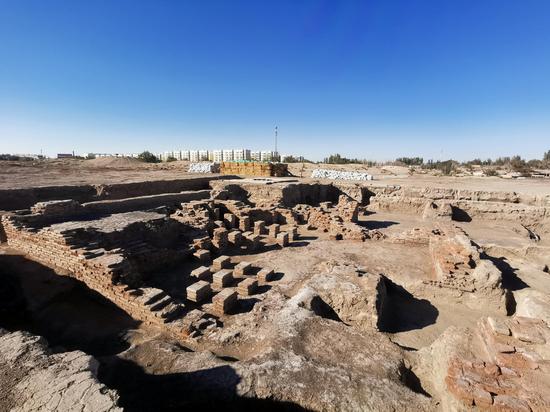
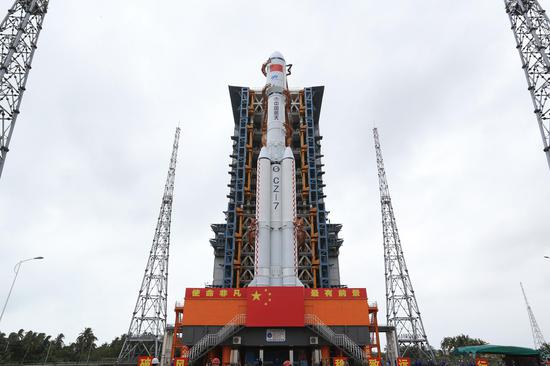
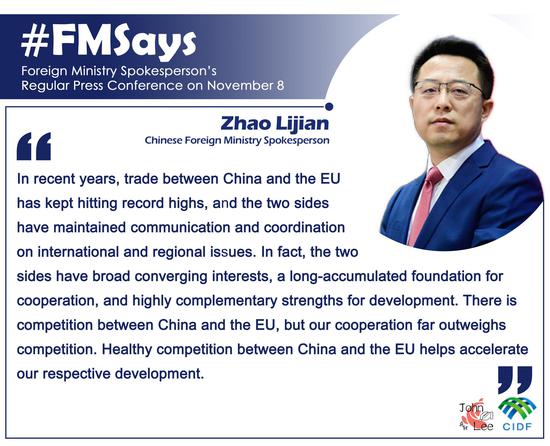
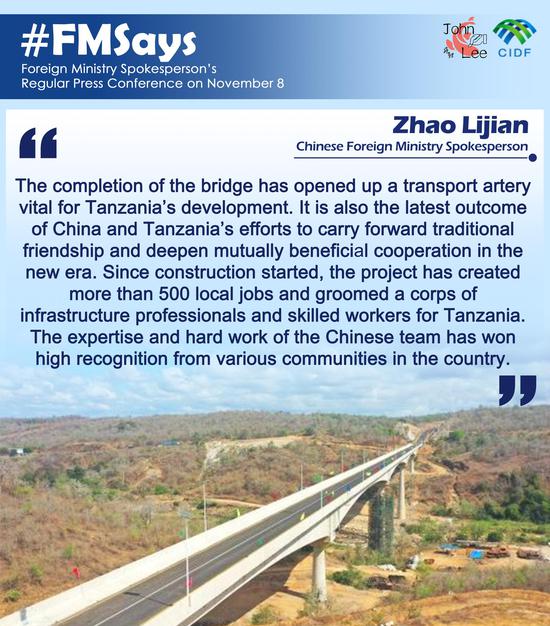




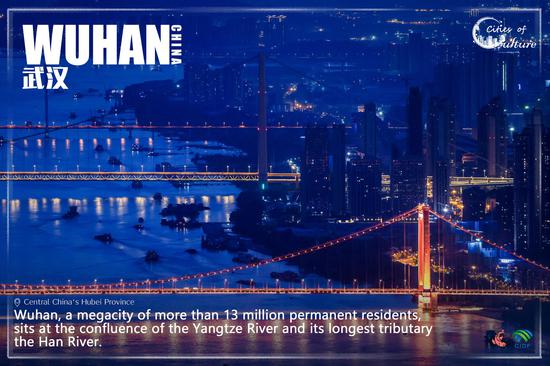
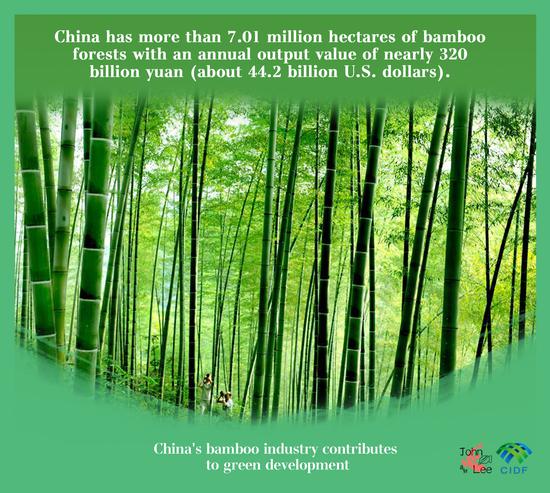





 京公網安備 11010202009201號
京公網安備 11010202009201號